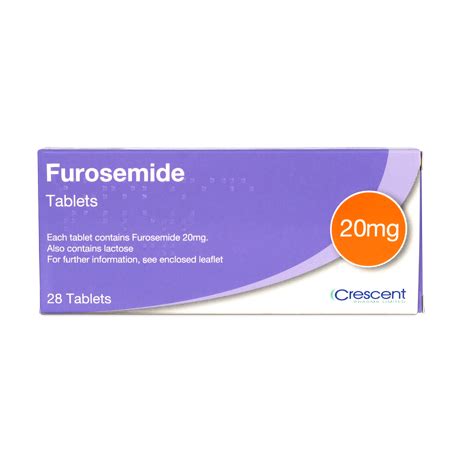Pregnancy Test Guide: Accurate Results Guaranteed
The journey to parenthood is a significant milestone in many people’s lives, and for many, it begins with a pregnancy test. The anticipation and anxiety that come with waiting for the results can be overwhelming. With the numerous options available in the market, choosing the right pregnancy test can be daunting. In this comprehensive guide, we will delve into the world of pregnancy tests, exploring the different types, their accuracy, and how to ensure you get the most accurate results.
Understanding Pregnancy Tests
Pregnancy tests detect the presence of human chorionic gonadotropin (hCG) in urine or blood. hCG is a hormone produced by the placenta shortly after the embryo attaches to the uterine lining. The level of hCG in the body increases rapidly during the early stages of pregnancy, making it a reliable indicator of pregnancy.
Types of Pregnancy Tests
- Home Pregnancy Tests (HPTs): These are the most commonly used pregnancy tests. They are available over-the-counter (OTC) and can be used in the comfort of your own home. HPTs detect hCG in urine and display results as a plus sign (+), two lines, or a digital reading indicating “pregnant” or “not pregnant.”
- Blood Pregnancy Tests: These tests are usually conducted in a healthcare provider’s office and detect hCG in the blood. They are more sensitive than HPTs and can detect pregnancy earlier.
- Digital Pregnancy Tests: These are a type of HPT that displays the words “pregnant” or “not pregnant” on a screen, eliminating any confusion about the results.
Ensuring Accurate Results
To guarantee accurate results, it’s essential to follow the test instructions carefully and consider the timing of the test.
Timing of the Test
The accuracy of a pregnancy test depends on when you take it. It’s recommended to wait until the day of your expected period or at least a week after intercourse. Taking the test too early can lead to false negative results, as the hCG levels might not be high enough to be detected.
Factors Affecting Test Accuracy
Several factors can affect the accuracy of a pregnancy test, including:
- hCG Levels: The lower the hCG level, the less sensitive the test. Very early in pregnancy, hCG levels may not be high enough to be detected by all tests.
- Test Sensitivity: Different tests have different sensitivity levels, measured in mIU/mL (milli-international units per milliliter). A more sensitive test can detect lower levels of hCG, making it more likely to detect pregnancy earlier.
- User Error: Incorrectly following test instructions can lead to inaccurate results.
- Medical Conditions: Certain medical conditions, such as ectopic pregnancy, can affect hCG levels and thus the accuracy of the test.
- Medications: Some medications, like fertility drugs, can interfere with test results.
Choosing the Right Pregnancy Test
With so many options available, choosing the right pregnancy test can be overwhelming. Here are some factors to consider:
- Sensitivity: If you’re trying to detect pregnancy as early as possible, look for tests with high sensitivity (lower mIU/mL).
- Ease of Use: Consider how easy the test is to use and understand. Digital tests can be less confusing than traditional line tests.
- Cost: Pregnancy tests vary significantly in price. Consider how many tests you might need and the cost per test.
Frequently Asked Questions
How early can I take a pregnancy test?
+You can take a pregnancy test as early as 6-8 days post-ovulation. However, the accuracy of the test increases significantly if you wait until the day of your expected period or at least a week after intercourse.
What is the most sensitive pregnancy test available?
+The most sensitive pregnancy tests can detect hCG levels as low as 6-8 mIU/mL. Examples include the First Response Early Result Pregnancy Test and the E.P.T. Pregnancy Test.
Can I get a false positive result from a pregnancy test?
+Yes, although rare, false positive results can occur due to certain medications, medical conditions, or errors in test sensitivity. If you receive a positive result and are unsure, it's best to consult with a healthcare provider for a confirmatory test and further guidance.
Conclusion
Pregnancy tests are a crucial tool for individuals looking to confirm a pregnancy. By understanding the different types of tests, their sensitivity, and how to use them correctly, you can ensure the most accurate results. Remember, while home pregnancy tests are highly reliable, they are not 100% accurate. If you have any doubts or concerns, it’s always best to consult with a healthcare provider. With the right information and the right test, you can embark on this significant journey with confidence.



